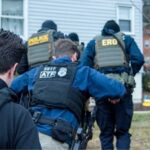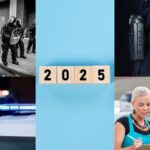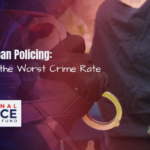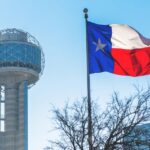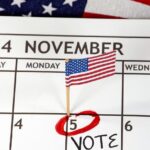There is perhaps no other police department in the United States that has been surrounded with more controversy and debate than the Chicago police department. Now, a new “consent decree” between the city of Chicago and the federal government has police officers in Chicago worried that they will face more restrictions and limitations while serving and protecting the citizens of their city.
So, what is a consent decree and what does the new agreement mean for police officers in Chicago?
2015 consent decree and rise in gun violence
A consent decree is an agreement or settlement between two parties without the admission of guilt. In this case, the two parties are the Chicago Police Department and the Illinois Attorney General’s Office. This most recent consent decree is not the first between the two parties either.
In 2015, a consent decree between the Obama Administration and the city of Chicago made national headlines after a months-long investigation into the Chicago PD by the U.S. Department of Justice. The 2015 investigation, according to the Washington Times, accused the department of racial discrimination and excessive use of force. As a result, new restrictions were placed on how and when police officers in Chicago could use force, among other provisions meant to increase transparency within the department, the 2015 consent agreement placed new restrictions on when and how police were to use force.
Critics of the 2015 decree argue that the new restrictions resulted directly to the rise in gun-violence in the City of Chicago.
2018 consent decree backlash
The new consent agreement between the city of Chicago and the Illinois Attorney General will tighten the restrictions imposed on the department in 2015. According to the American Bar Association, these restrictions would, “require police officers to notify dispatchers when they point a gun at someone; and appoint a monitor to oversee progress.”
The new agreement has now been sent to a federal judge who will review and implement the agreement. However, there has been immediate backlash from police and United States Attorney Jeff Sessions, who has come out strongly against the tightened restrictions.
“It is imperative that the city not repeat the mistakes of the past — the safety of Chicago depends on it,” – U.S. Attorney General Jeff Sessions
Martin Prieb, a spokesman for the Chicago Fraternal Order of Police, agrees with Attorney General Sessions. “The good cops in this city feel like they are under siege,” he said. “Now police officers think that if they do their job and do it right, they could still find themselves disciplined, terminated or indicted, and that’s a recipe for disaster.”
These new restrictions are sure to be a major ongoing topic of debate between city leaders in Chicago and the police department as the US Department of Justice contests the new agreement. The National Police Support Fund will continue to monitor the situation and provide updates on what is sure to be a major issue of debate when it comes to police issues in the United States.


